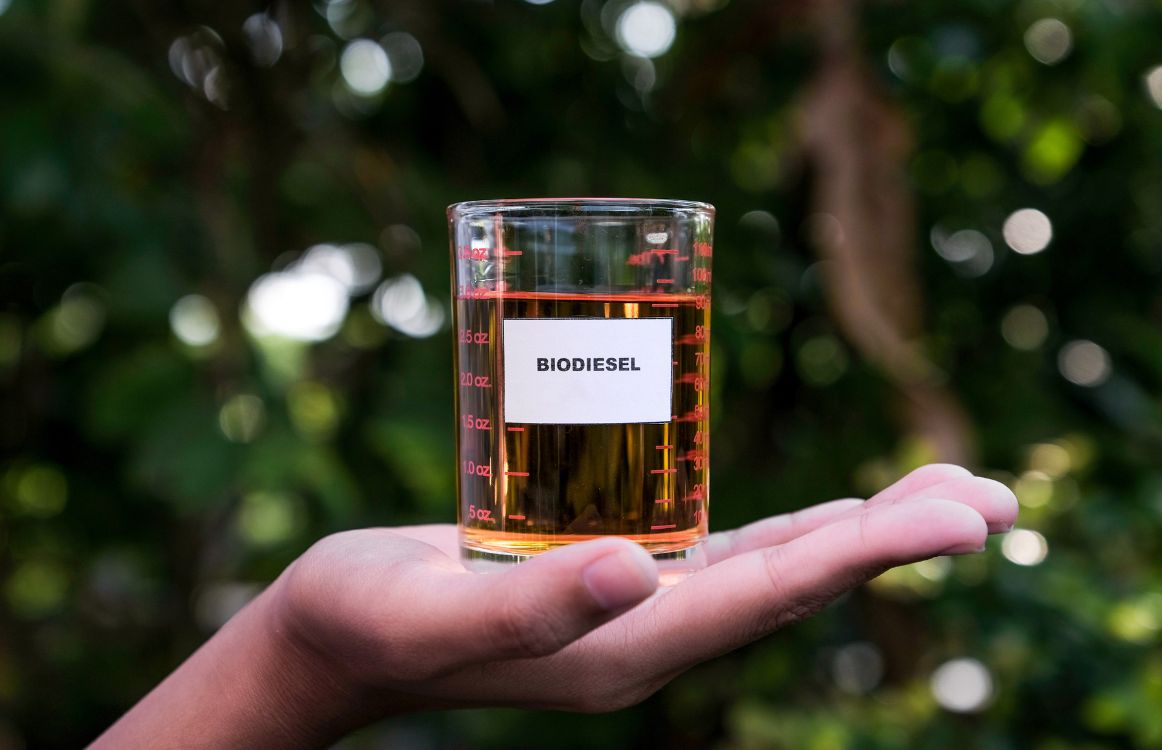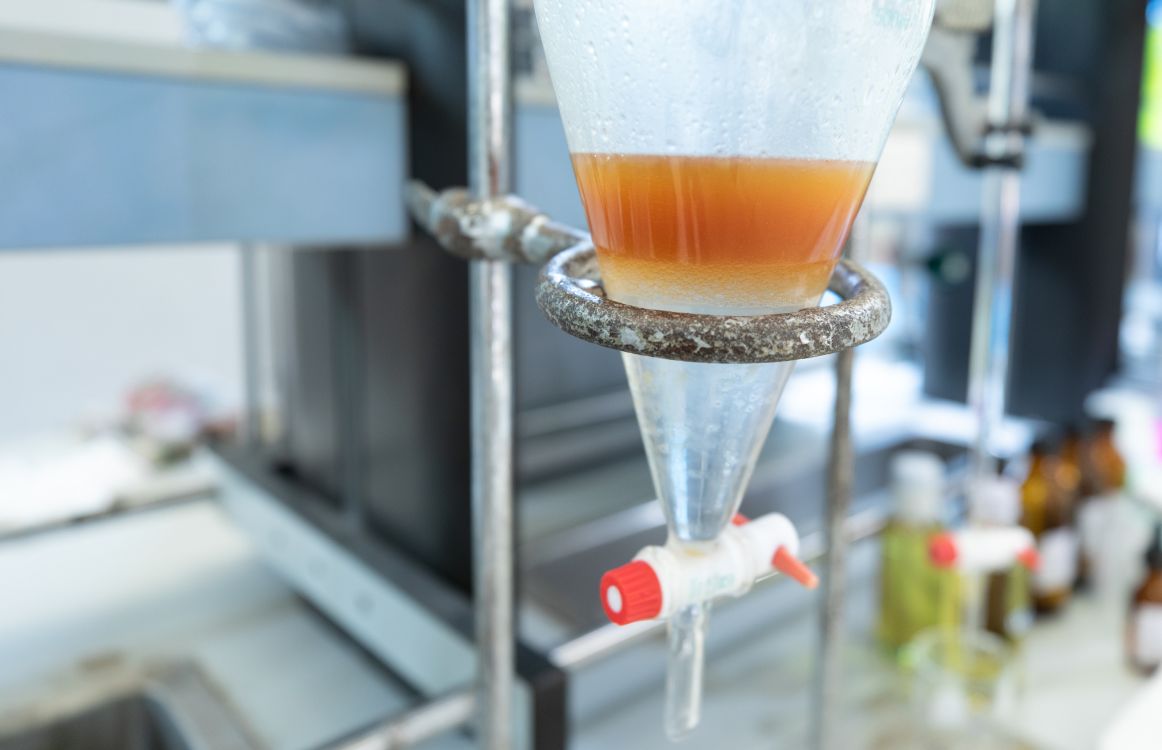The Difference Between Biodiesel and Bioethanol

Understanding the difference between biodiesel and bioethanol requires a bit of an understanding of the difference between gasoline and diesel. Once you master that, you can build on your knowledge. It’s not as complicated as it sounds.
Gasoline
The internal combustion engine was invented in 1872 by a man named George Brayton, who, of course, was building on the inventions of several people who came before him. The internal combustion engine was a revolution at the time because, prior to its entrance into the market, fuel for engines had to be lit on fire. Think of those old trains with men shoveling coal into a fire to create steam. Ocean liners were run the same way, on the steam that resulted from fuel lit on fire by a laborer.
Of course, this process came with all sorts of dangers, but it was also inefficient.
A simultaneous race was underway to find both a more efficient fuel than coal and a more efficient engine.
Several options were explored, including peanut oil, until crude oil was discovered and refined to make gasoline.
In a gas-powered internal combustion engine, the gas mixes with air and is then ignited by fire from spark plugs. This process converts chemical energy to mechanical energy and powers the engine to make the car go.
Gasoline is a fuel that is the product of highly refined crude oil.
Diesel
Diesel fuel, in contrast, is not highly refined. It is a heavier byproduct that many mechanical engineers did not know what to do with.
Originally, it was the leftovers from oil refineries in place to extract paraffin for oil lamps. It was thick, heavy, and discarded as useless.
When Rudolph Diesel came along and invented the diesel engine, many coal magnates were not happy.
The diesel engine makes use of this waste, now called diesel fuel. The diesel engine is also an internal combustion engine, but it does not use spark plugs. Instead, it compresses the air before it is mixed with the gas, and this tremendous amount of pressure is what causes the spark and the ignition.
Diesel is much more fuel efficient than gasoline, but it lacks horsepower for sports cars. It also makes little sense for smaller cars that simply drive around town.
Its power comes in the form of long-distance travel, which is why the majority of 18 wheelers, buses, and other large vehicles have diesel engines.
Furthermore, while diesel fuel emits fewer greenhouse gases, it does produce nitrogen oxide, another pollutant hazardous to human health.
Bioethanol
Enter the biofuel industry. In the 1970s, more people around the world became interested in climate change and reducing emissions from gas powered vehicles.
The discovery of bioethanol led the way toward revolutionizing transportation.
Bioethanol is fuel made from fermented sugar. Typically corn, sugarcane, sugar beets, and even biomass are put through a saccharification process that brings out the sugars. They are then boiled and steeped, fermented and distilled down to a fuel capable of powering engines without the greenhouse effects. They are also renewable energies, unlike crude oil.
The problem is that the internal combustion engine cannot run on bioethanol alone, so as of now, bioethanol is added to petroleum to make the gas most of use in our cars today.
There is also the issue of having enough arable land to grow the crops we would need to produce enough bioethanol to fuel all the vehicles running across the globe today.

Biodiesel
Biodiesel, in contrast to bioethanol, is not fermented. It is a fuel derived from animal fats and various plant oils, like palm oil and canola oil, and it is typically a waste not being used for anything else, much like petrodiesel.
More recently, biodiesel has been made from soybeans.
Again, the problem lies in the cost. It is more expensive to grow plants on enough arable land than it is to pull the waste from crude oil.
It will be interesting to see what kinds of solutions and revolutions the fuel industry and the climate change activists come up with in the next decade or so.
What’s the Difference?
In the end, the difference between biodiesel and bioethanol is similar to the difference between petrol and gasoline.
Bioethanol is fermented sugar distilled to make fuel while biodiesel is fuel made from waste products of animal fats and heavy oils. Both are more expensive to produce than the byproducts of crude oil but are much better for the environment.
In terms of which is better for the environment between biodiesel and bioethanol, the differences are negligible.
The real question will be whether we can produce them efficiently and cost effectively to power the world of transportation and free ourselves from crude oil entirely.
We make yeast analysis fast, easy, and affordable for efficient bioethanol production. Monitor yeast growth when propagating and optimize fermentation times by automatically analyzing yeast cell concentration, viability, and budding count – all in less than a minute.
Join the bioethanol producers from all around the world using the Smartest Automated Yeast Cell Counter! Request a Free Demo Account today and experience firsthand how Oculyze can take your business to the next level!
Sources:


